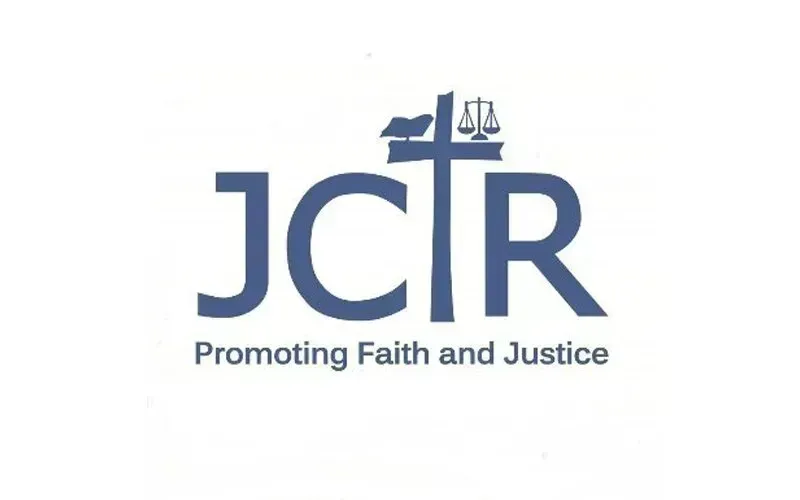The restoration and sustainability of Zambia’s fiscal stability can be ensured through programs such as “enhanced efficiency in the public procurement regulations and systems with the aim to stop wastage of public funds and maximize on the expected returns on the public investment in all sectors,” they say.
JCTR officials continue, “The nation is expecting that debt restructuring will make resources available to unlock a robust economic diversification with meaningful and impactful investment in key economic productive sectors such as agriculture, manufacturing, rural electrification, tourism, and local participation in mining to create decent jobs and raise the levels of household income across the country.”
“JCTR therefore makes a strong call for reforms that put the interest of the nation at heart such as reforms aimed at strengthening public debt management in a transparent and accountable manner,” they further appeal.
The Jesuit scholars call for the implementation of “short to medium term measures” to deal with financial challenges that brought about Zambia’s “excessive borrowing”.
“There is need to be magnanimous enough and implement effective short to medium term measures that will address the deficit problem that led to excessive borrowing,” JCTR officials say in their September 2 statement.
They add, “Beyond the International Monetary Fund program, the government must develop a more aggressive home grown solutions to stimulate domestic resource mobilization with emphasis on private sector led economic growth.”
Turning their attention to Zambians, they say, “JCTR also urges the citizenry not to remain docile on matters of national interest but to take a keen interest especially in the utilization of the public resources.”
There is need for citizens and Civil Society Organizations (CSOs) to meaningfully participate in governance and economic transformation processes, JCTR officials emphasize.
On its part, they say, the government “must continue to adopt a consultative and participatory approach by including key stakeholders in addressing debt management issues, and in the current context of the IMF deal.”
The Jesuit scholars urge the Zambian government to set up a platform where it can work with CSOs and “allow them to participate in monitoring the implementation of this home-grown IMF program.”








